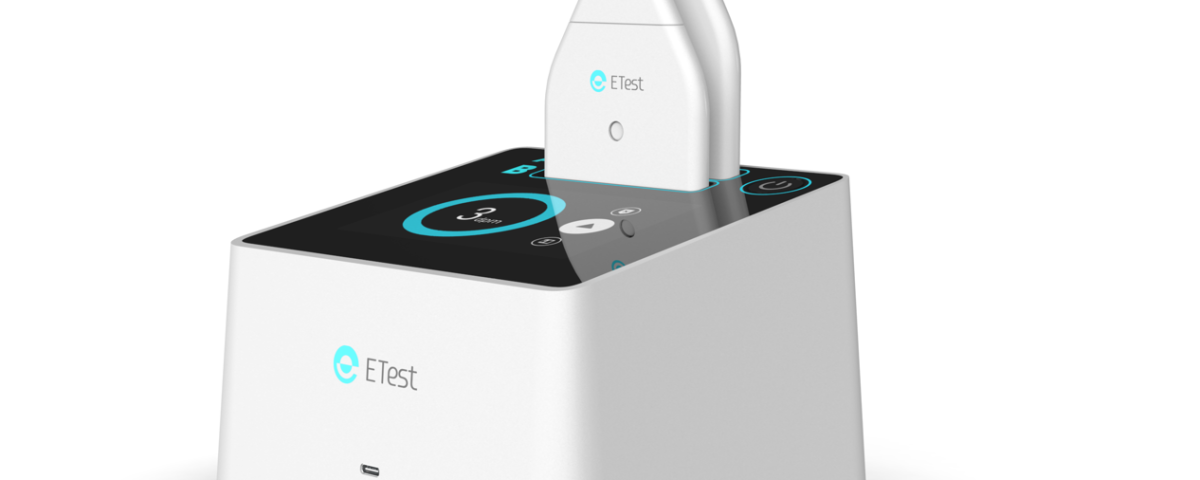In One Single Text explain You Why Helicobacter Pylori Prone to Reinfection? and Helicobacter Pylori Reinfection Related Issuess

Blood, Stool, and Breath tests on H Pylori, which one goes more accurate?
2023-03-04
How to prepare for a H. pylori testing?
2023-03-05In One Single Text explain You Why Helicobacter Pylori Prone to Reinfection? and Helicobacter Pylori Reinfection Related Issuess

contact ETest Medical info@etestmedical.com
Helicobacter pylori (Hp) is a major risk factor for gastritis, peptic ulcers, gastric malignancies, and possibly related to other diseases like anemia, platelet reduction, diabetes, etc. It is increasingly becoming a cause of concern among the general public.
So, how does one get infected with Helicobacter pylori?
Epidemiological studies show that over half of the world’s population is infected with Hp, with varying incidence rates in different countries and even within regions of the same country. The known incidence rates are closely related to socioeconomic status, population density, public health conditions, and water supply. Reports also suggest that Hp infection has a clear seasonal distribution pattern, with peaks in July and August.
In Asia, the incidence rate in mainland China is 60%, 40% in Vietnam, and 70% in India. In patients with chronic gastritis, the detection rate of Hp in gastric mucosal biopsy specimens can reach 80% to 90%, and in patients with peptic ulcers, it is even higher, reaching over 95%, or even close to 100%.
The incidence rate in developing countries like China is higher than in Western developed countries, which may be related to dietary habits and living hygiene conditions. However, most people who are infected do not have obvious symptoms and may not develop the disease.
The primary source of infection is likely to be family members, such as parents, siblings, etc. The mode of transmission is usually through oral-oral or fecal-oral routes. Close contact, consumption of contaminated food and water, etc., can also lead to transmission.
What is the probability of reinfection after eradication therapy? This is the most concerning question. According to authoritative statistics, the probability of recurrence after eradication in adults in China is still very low. Studies conducted in Guangzhou, Beijing, and other areas found that the annual reinfection rate of Hp was 0.83-1.96%, which is relatively low.
Research conducted by Zhou Liya and others showed that the annual recurrence rate of Hp infection in China was 1.7%. According to the estimation of authoritative expert Professor Chen Ye, the overall 5-year reinfection rate in China is about 4-8%, which is slightly higher in children and areas with poor family hygiene conditions, reaching 10-13%. The results of the study conducted by Lv Nonghua and Professor Zhu Yin’s team are slightly higher: the annual recurrence rate of Hp infection in mainland China is 2.2%, and in Taiwan, it is 2.8%. Foreign studies also confirm that the rate of reinfection with Hp is not very high, especially in developed countries, where the annual reinfection rate is below 1.45%, and it decreases year by year. Patients who remain stable or without reinfection after 5 years may have a lot to do with their separate dining system.
The above data indicates that the recurrence rate in most regions of China is still low among adults.
What causes reinfection?
Genetic susceptibility: Some studies have shown that Hp infection is related to genes, and there is genetic susceptibility, which means that genes determine whether a person is prone to Hp infection. Oral problems: The oral cavity is another reservoir for Hp, and Hp exists in saliva, dental plaque, and oral mucosa, etc. If Hp in the oral cavity enters the stomach, it may cause Hp reinfection. Family member transmission: The mode of transmission of Hp is mainly through oral-oral, so there is a phenomenon of family clustering. Therefore, if one person in the family is infected, the risk of infection for other family members increases. It is important to maintain good hygiene practices to prevent reinfection.



